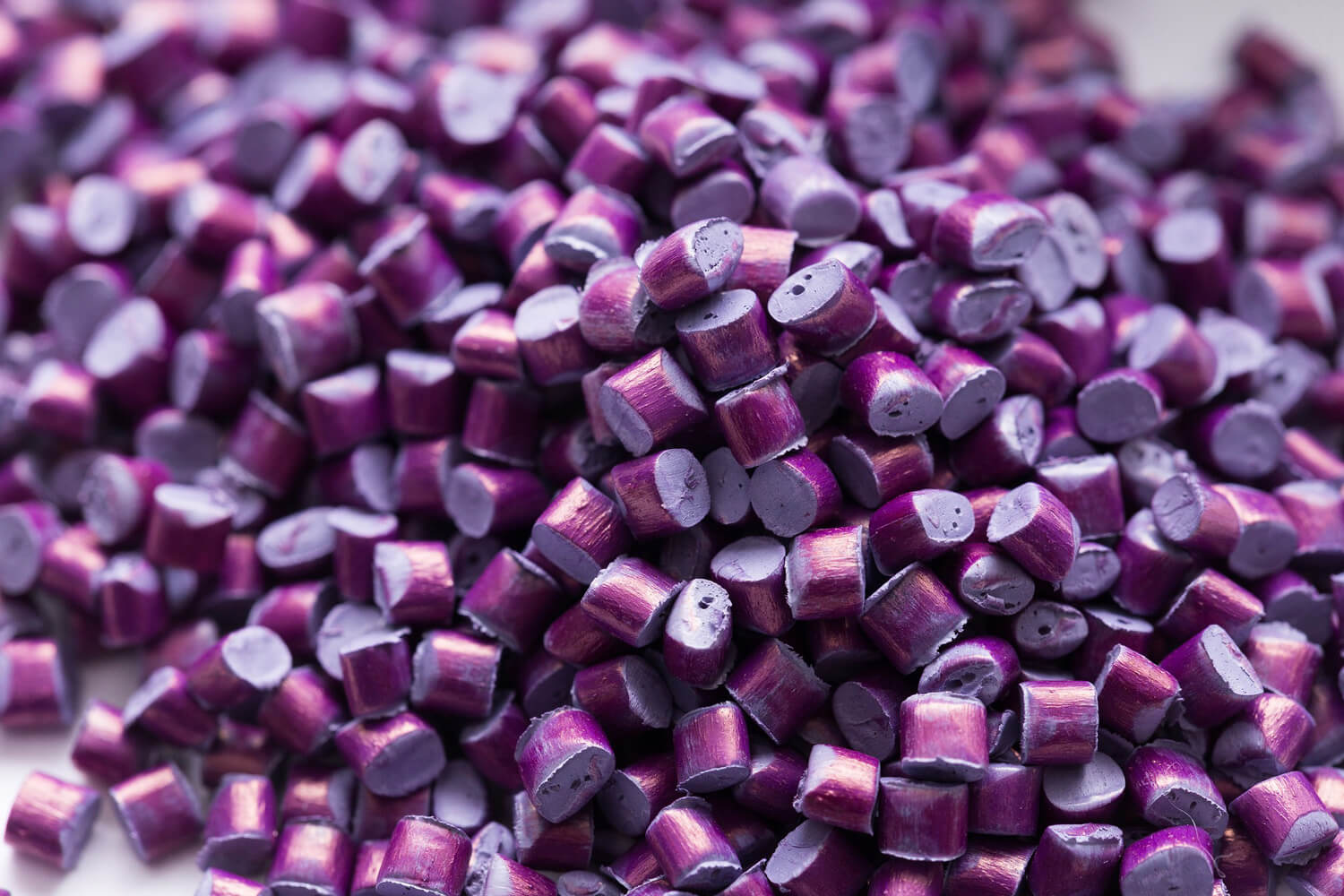There is no end to the PA 6.6 shortages…
The “black gold” of the automotive industry: polyamide 6.6 or PA66 is for short. One of the first plastics ever, also known as nylon, with the ideal properties water-& heat-resistant (-33° to +120° Celsius!) is one of the most important, if not the most popular production material of the automotive and electronics industry. The production of polyamide requires the component “adiponitrile” (ADN), the culprit of the ongoing shortages since 2017.

What started with a cold snap in North America and resulting breakdowns of the plants there, continued with fires in Florida and France. An explosion in Japan and long maintenance periods further aggravated the situation. But the real problem can only be understood when one knows that there are only four ADN plants in the world! And when all the plants are in full production, world demand is just about satisfied.
Ascend and Invista in the USA, a joint venture of Solvay and Invista in Europe. These are the manufacturers of adiponitrile, necessary for polyamide 6.6. ADN is toxic, as well as highly explosive. A manufacturer in Japan developed and built a completely new plant, but after it was destroyed in an explosion triggered by ADN, most have shied away from building those plants. In addition to these risks, it should be noted that engineering plastics such as PA account for only about 1% of the total plastics production. The real money here goes into packaging plastics. New manufacturers will therefore be hard to find. On the other hand, Ascend is planning to further expand in the USA, where they will soon be able to produce 180Kt more ADN. Invista is taking its know-how to China, where it is building a new ADN plant with a capacity of up to 350 Kt ADN per year. However, the industry cannot expect these new or enlarged plants until 2022/23 at the earliest. By then, however, shortages and price rises (by about 40% since 2017) will have further increased. In France, the plant will be serviced in 2019, which will take 2-3 months. Meanwhile, the plant is shut down. Thus, a good quarter of global production is missing in these months.
So, it is still important for the buyers to plan well. Mr. Thomas Löscher works closely with suppliers and customers on behalf of the Karl Rejlek GesmbH in order to use PA 6.6 as selectively as possible and to keep a tight rein on inventories. With around 250 tons processed here every year, this is an incredible accomplishment.



